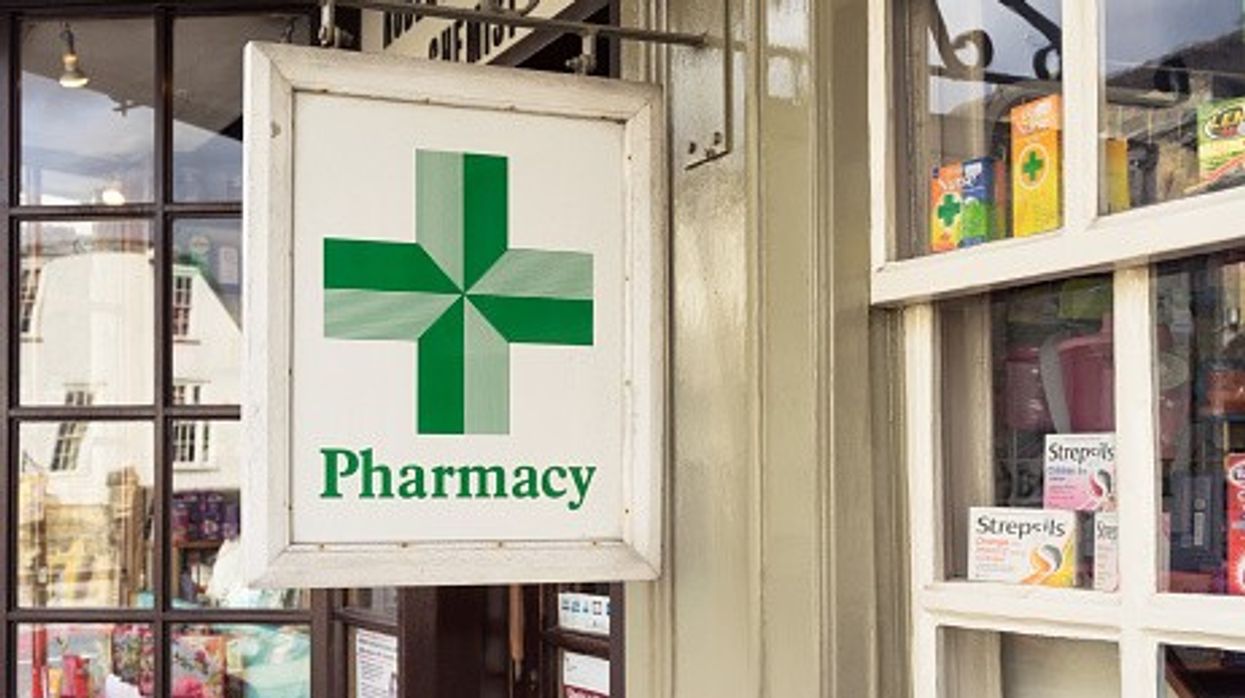The NPA warns that the situation could worsen without immediate funding to prevent pharmacy closures
The UK is far behind comparable nations in spending on medicines and community pharmacies, according to a new analysis by the National Pharmacy Association (NPA).
Published today, the report highlights that Britain ranks among the worst countries in the Organisation for Economic Co-operation and Development (OECD) for access to pharmacies, with fewer pharmacies per 100,000 people than countries like Bulgaria, Latvia, Romania, Portugal, Spain, Turkey, France, and many others.
On average, a UK pharmacy serves around 5,700 patients, far more than those in France (3,238 patients) and the Republic of Ireland (2,500 patients), where an average pharmacy caters to less than half the number of patients served in the UK.
All comparable countries manage fewer patients per pharmacy.
The NPA analysis also found that the UK spends less per capita on medicines than nations such as Australia, Ireland, Japan, the US, Spain, Germany, and Italy.
Germany spends twice as much as the UK, while the US spends nearly three times more.
These issues arise alongside medicine shortages in the UK, driven in part by the country’s lower medicine prices compared to many other nations competing in the global pharmaceutical market.
NPA chair Nick Kaye described the UK as the “sick man of Europe” and warned that the situation could worsen without immediate action.
He said: “It is damning that UK pharmacies serve more patients than comparative countries whilst also receiving ever reducing levels of funding.
“As our ballot result showed, many pharmacy owners feel pushed to breaking point thanks to the impact of 40 per cent cuts to their funding and increases in their workload.”
A decade of underfunding has resulted in the closure of around 700 pharmacies over the last two years, with a record seven shutting every week this year.
The NPA noted that the pharmacy network is now at its smallest level in around 20 years, with 1000 pharmacies projected to close in England in the next three years if current trends continue.
Kaye emphasised that community pharmacies have the potential to deliver more clinical services, ease pressure on other parts of the healthcare system, and enhance patient care.
However, he noted that this cannot be realised without increased funding to stop closures.
“The government must get round the table and start to deliver the funding necessary so we can stop the closures and deliver the best possible care for patients,” he added.
The NPA’s findings are based on 2023 OECD data on pharmacy provision per 100,000 patients, published before the closure of hundreds more pharmacies in England. Its analysis of pharmaceutical spending drew on figures from Statista.
In a historic ballot, nearly all NPA members (99 per cent) voted to limit services if government underfunding is not reversed.
Over 97 per cent supported serving notice on opening hours beyond the minimum required by their contracts, potentially closing pharmacies on weekends or weekday evenings, while more than 93 per cent backed withdrawing free home medicine deliveries.













